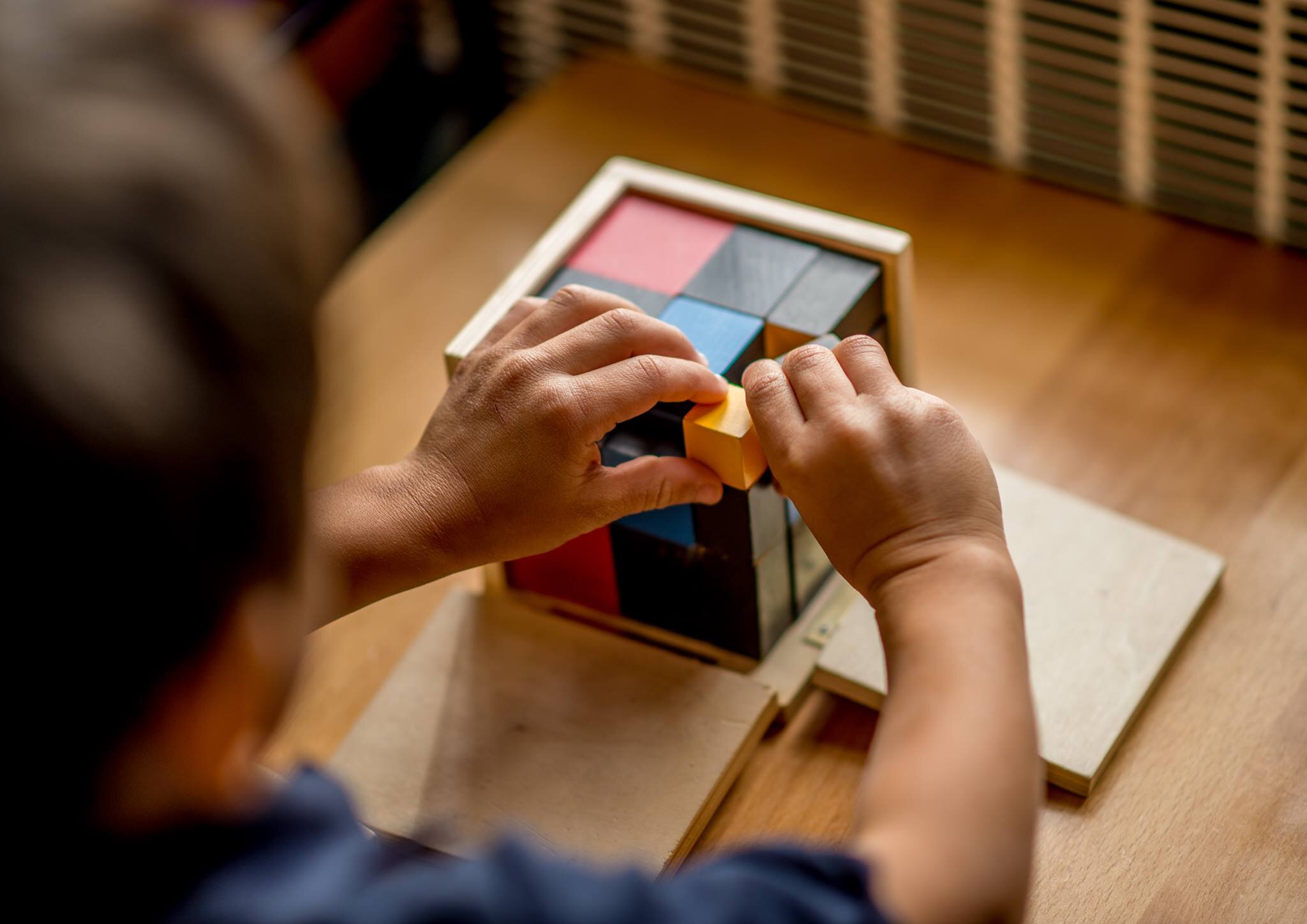The Del Ray Montessori School is a non-profit Montessori School located in the quaint Del Ray neighborhood of Alexandria, Virginia, we are associated and recognized by AMI/USA (Association Montessori International). Founded in 2011, we serve children ages 18 months through age 12 and their families in the DC metropolitan area.











